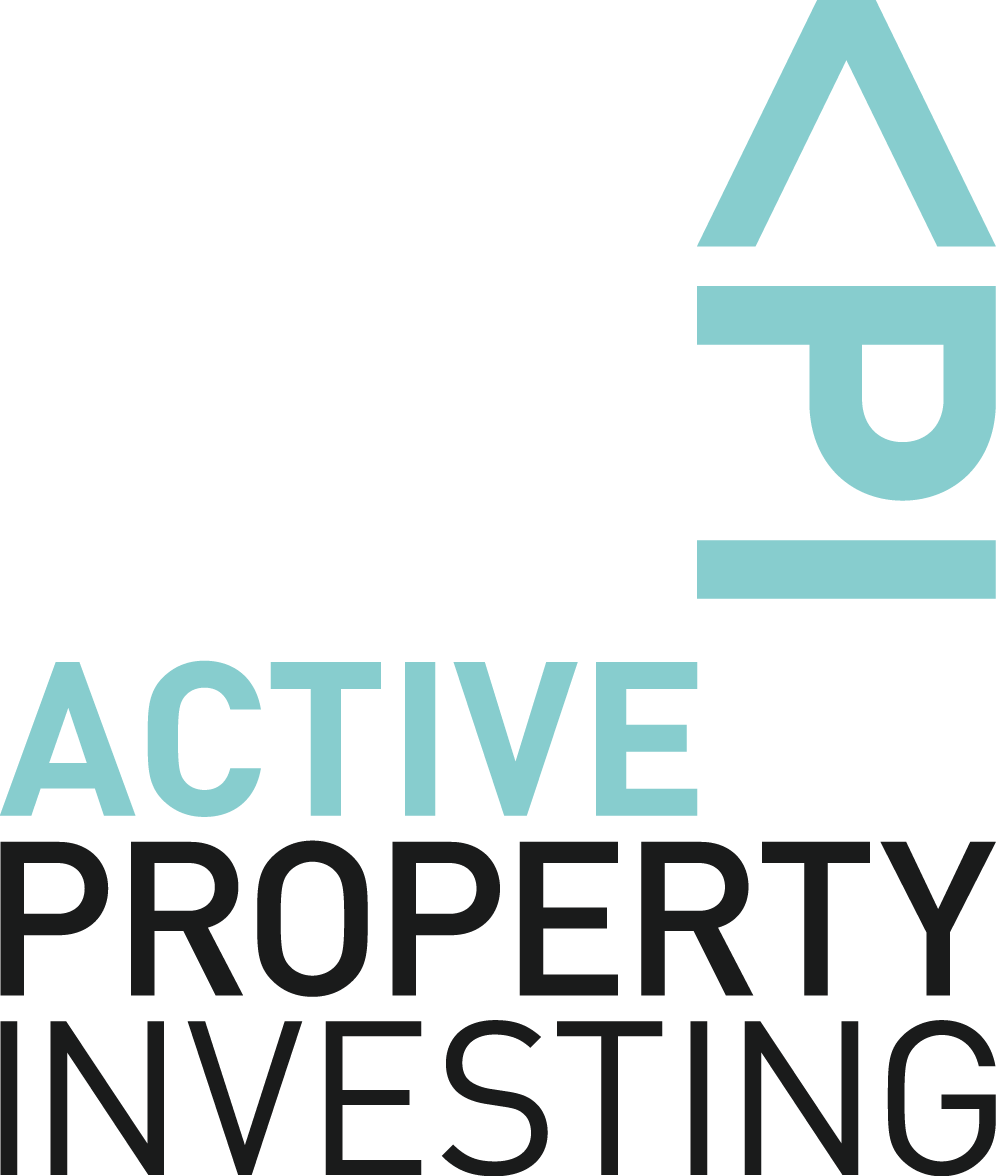3-tax time tips from an Accountant: timing, accounts & structures!
Welcome to our end of financial year tips for property investors!
Following our article last week about getting your financial affairs in order well before 30th June, we’ve got more insights from key professionals that will help you think strategically about your investing.
This week, our guest writer is Dorin Bentley from Bentley & Co. She is a CPA and experienced business consultant, who is an avid investor herself. Accountants who understand investing at this strategic level do more than process your tax return, they become an integral part of your investment planning, timing of your purchases/sales, structures, and a key person in your wealth creation team.
Here are Dorin’s 3-tips for property investors in the lead up to end of financial year:
- If you are selling your property around June or July, think about the timing of your sale!
The capital gain event occurs on exchange of contracts, not on settlement (it is a common misconception that the settlement date is the “sale” date for tax purposes). So if you are selling a property around the end of the financial year, think about whether it is worth bringing the sale forward or delaying the sale until after 30th June depending on your circumstances and what would result in lower capital gains tax. For example, if you are planning to sell more than one property, don’t sell them in the same financial year if you expect both to result in a large gain. If you are retiring and expect a lower income in the next financial year, make sure to exchange contracts after 30th June so that your sale occurs in a year where your ordinary income is low. The timing of exchange can save you tens of thousands of dollars in tax.
- Keep your savings in the right loan account!
If you are a property investor but also own your own home, you probably have a home loan as well as an investment loan. If you have a choice between keeping your savings in an offset account linked to your home loan or investment loan, make sure it is in the home loan offset account. Similarly, if you are paying principal and interest, it is more tax effective to pay off your home loan and keep your investment loan as interest-only. Paying off your investment loan should only be done if you have no other personal debts to pay off first. This is because interest on an investment loan is tax deductible, while interest in your home loan or credit cards do not give you any tax benefit. Keep in mind as well that if you plan to refinance your loans in the future, any interest charged on additional borrowings will not be tax deductible – so keep your home loan balance low, and your investment property loan high in order to pay less tax.
- Set up the right structure for your purchase!
If you are planning to purchase a property, you need to consider the best structure to purchase in, based on your personal circumstances (such as purchasing through a family trust, superfund or in your personal name). Having the right structure in place can not only save you tax on investment income, but potentially save you a lot of tax in the future when you decide to sell the property. For example, a family (or discretionary) trust would allow you to allocate rental profits to beneficiaries in the most tax effective way (utilising certain beneficiaries’ low income brackets before distributing to the higher earners), and in the future, the gains can be similarly split in a tax effective way, and be eligible to the 50 capital gain discount. It is important to speak to a tax professional to understand all the pros and cons of the various structures that can be used for property investment.
___
Everyone’s situation is unique so if you have questions around tax and structures, please speak directly with your accountant. If you don’t already have one that can assist with this type of enquiries, please feel free to contact the API team and we’ll help you connect to one.
Bio: Dorin Bentley has been a member of CPA Australia since 2005, attaining professional accreditation in 2009 and Public Practice Certification in 2016. She has has helped thousands of individuals and businesses with their accounting and wealth creation strategies.
Dorin Bentley’s Website | Linkedin | Facebook
___
Disclaimer: Active Property Investing and its representatives are not qualified Financial Planners, Financial Advisors or Taxation Accountants. The information presented is general advice only and should not be construed as personal, financial or credit advice nor should it be considered as specific recommendations or investment advice.
This information has not taken into account your needs, objectives and financial situation. As each individual’s circumstances are different, we strongly recommend your own independent review, investigation and analysis of any proposed investment.
We recommend that before making an investment decision each prospective investor should consult independent and professional advisers and should consider whether an investment is appropriate in light of your particular legal requirements, investment objectives, financial circumstances and needs.
While all attempts have been made to verify the information provided, neither the author, presenter nor will publisher bear any responsibility or liability for any error, omission or contrary interpretation of the subject matter.

